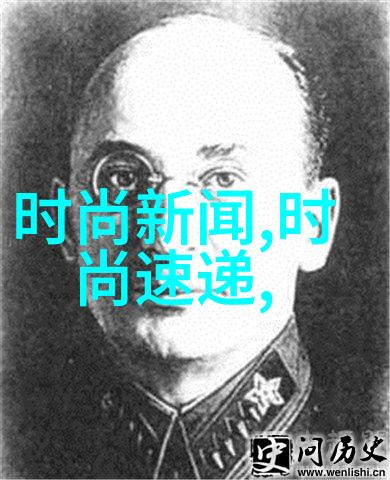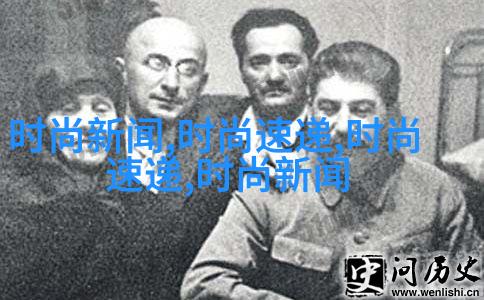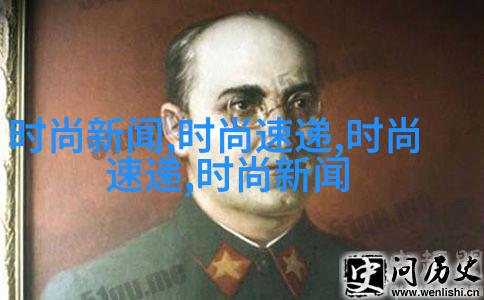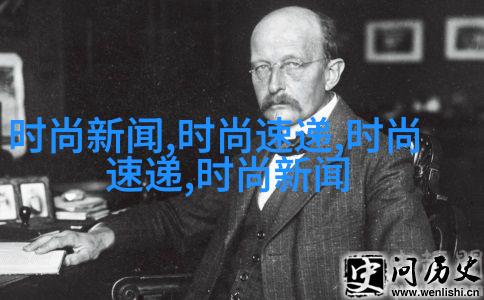Whimsy Vintage Embracing the Timeless Charm of Re
Whimsy & Vintage: Embracing the Timeless Charm of Retro English Style

The Rise and Fall of Retro English
Retro English, a style that emerged in the 19th century and flourished during the early 20th century, was characterized by ornate language, elaborate vocabulary, and an emphasis on formality. It was popularized through literature such as Shakespearean plays and Victorian novels. However, with the advent of modernism in literature and culture, Retro English gradually fell out of favor.

Revival of Interest in Retro English
In recent years, there has been a renewed interest in Retro English due to its unique charm and aesthetic appeal. This resurgence can be attributed to various factors including social media platforms like Instagram where users share vintage-inspired content; fashion trends incorporating elements from past decades; as well as film adaptations based on classic works written in this style.

Characteristics of Retro English
Retro English is known for its distinctive features which include archaic words (e.g., thou), antiquated phrases (e.g., 'tis), complex sentence structures, poetic diction (e.g., thy visage shines like moonlight upon still waters), excessive use of metaphorical language (e.g., his eyes were two sapphires shining bright under starry night skies).

Influence on Modern Language
Although no longer widely used as a primary means of communication today, retro english continues to influence contemporary language usage indirectly through pop culture references or parodies often found in films or television shows involving historical settings or characters who speak with exaggerated accents reminiscent of earlier eras.

Challenges Faced by Writers Using Retro English
Writers attempting to incorporate retro english into their work must navigate several challenges such as finding suitable contexts within which these antique expressions might fit naturally without sounding forced or pretentious while ensuring they do not overshadow more straightforward prose sections when using them sparingly.
Potential Benefits for Contemporary Writing Styles
The study and incorporation of retro english could provide valuable insights into developing rich descriptions that evoke emotions evocative nostalgia leading readers back to another time period fostering empathy understanding between different generations cultures backgrounds creating timeless stories worth reading sharing passing down across generations thus contributing positively towards preserving history cultural heritage through literary artistry creative expression